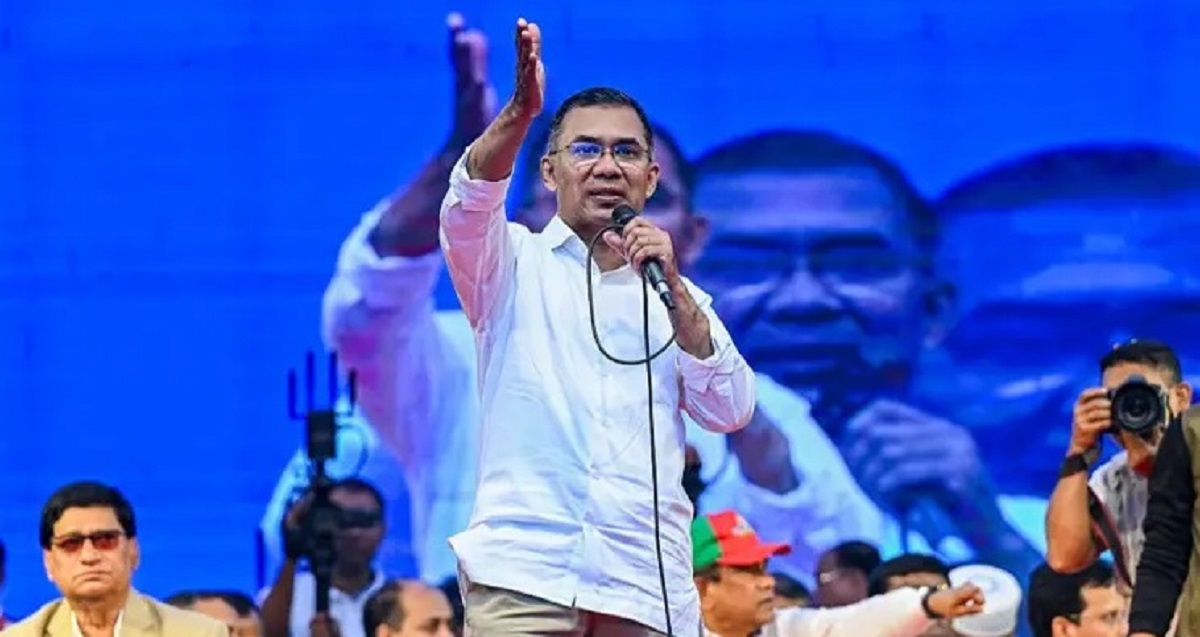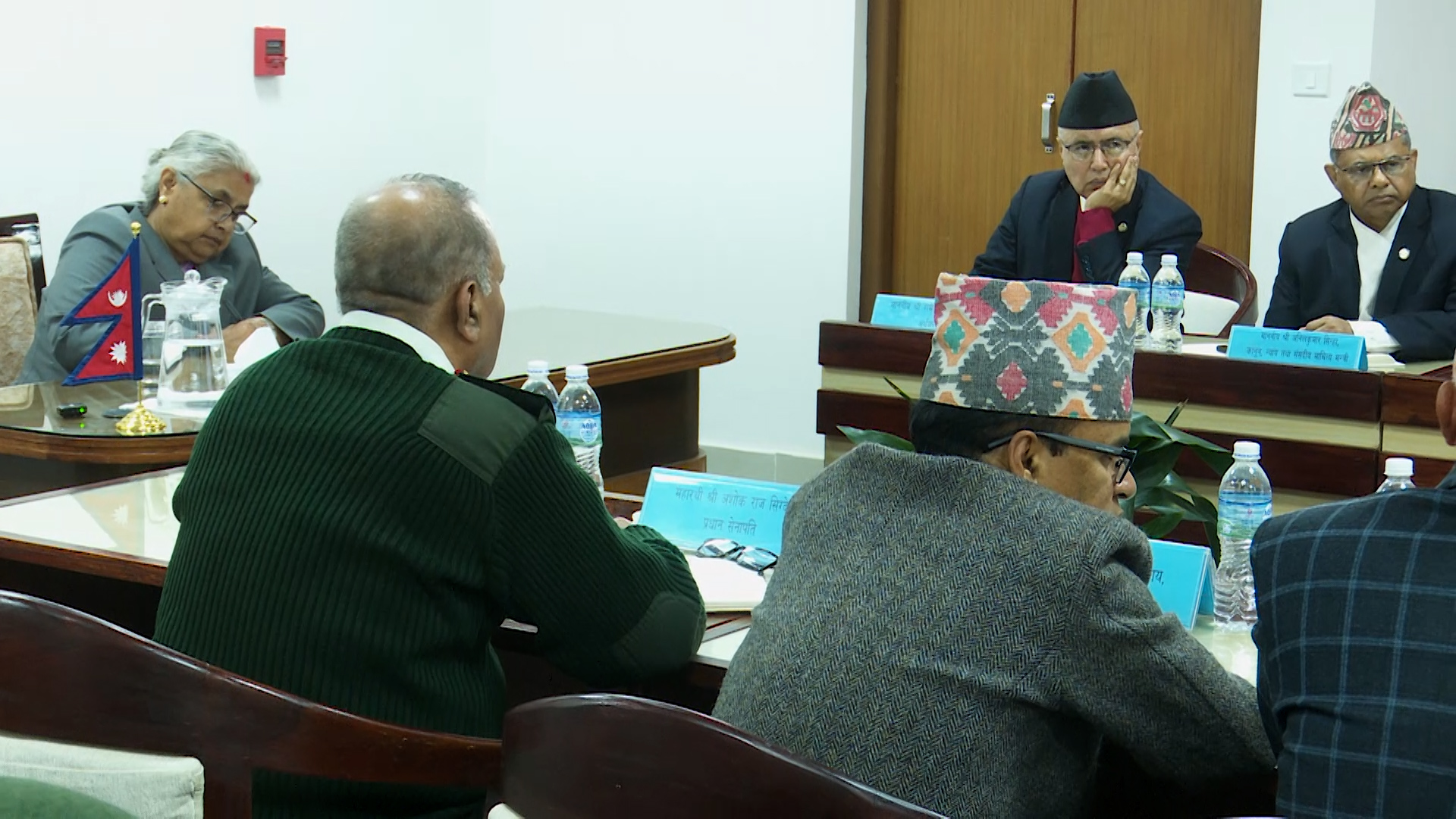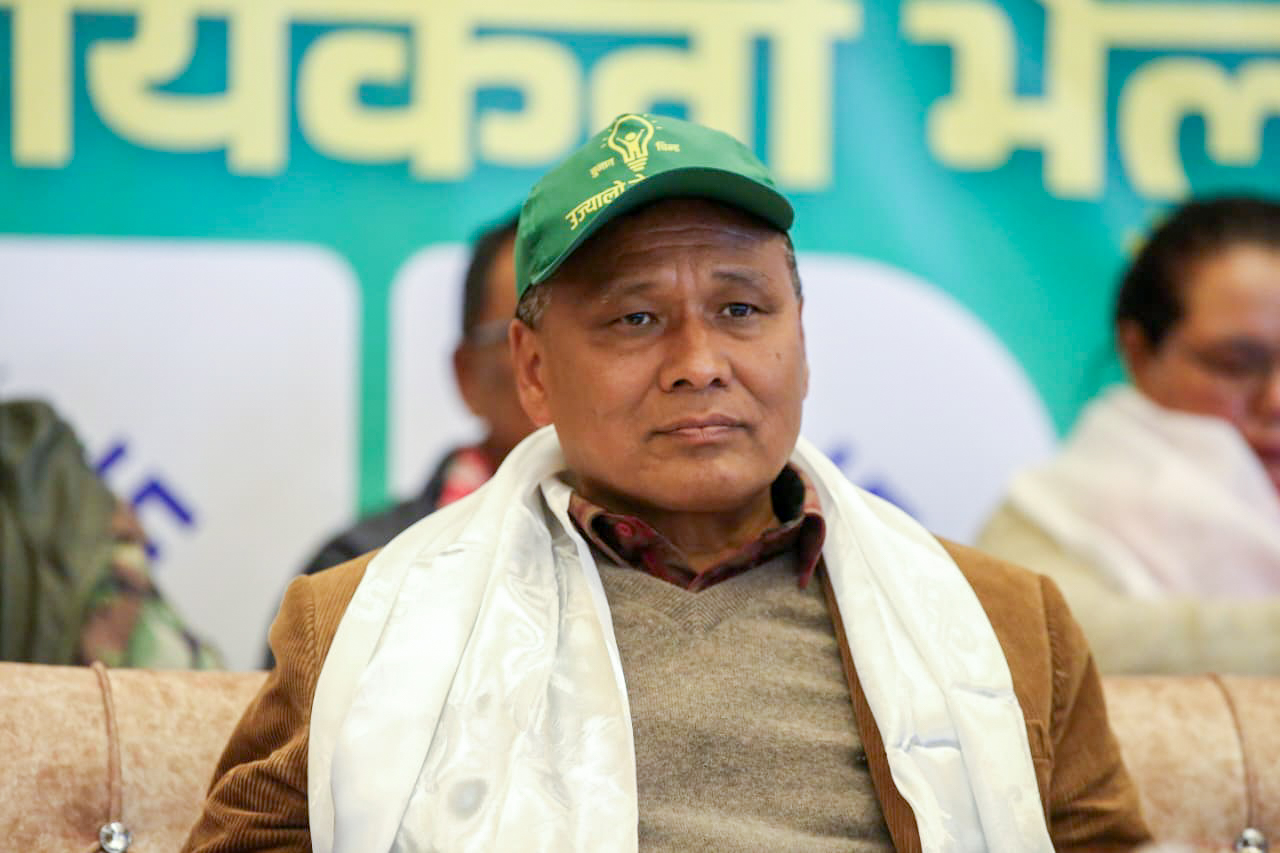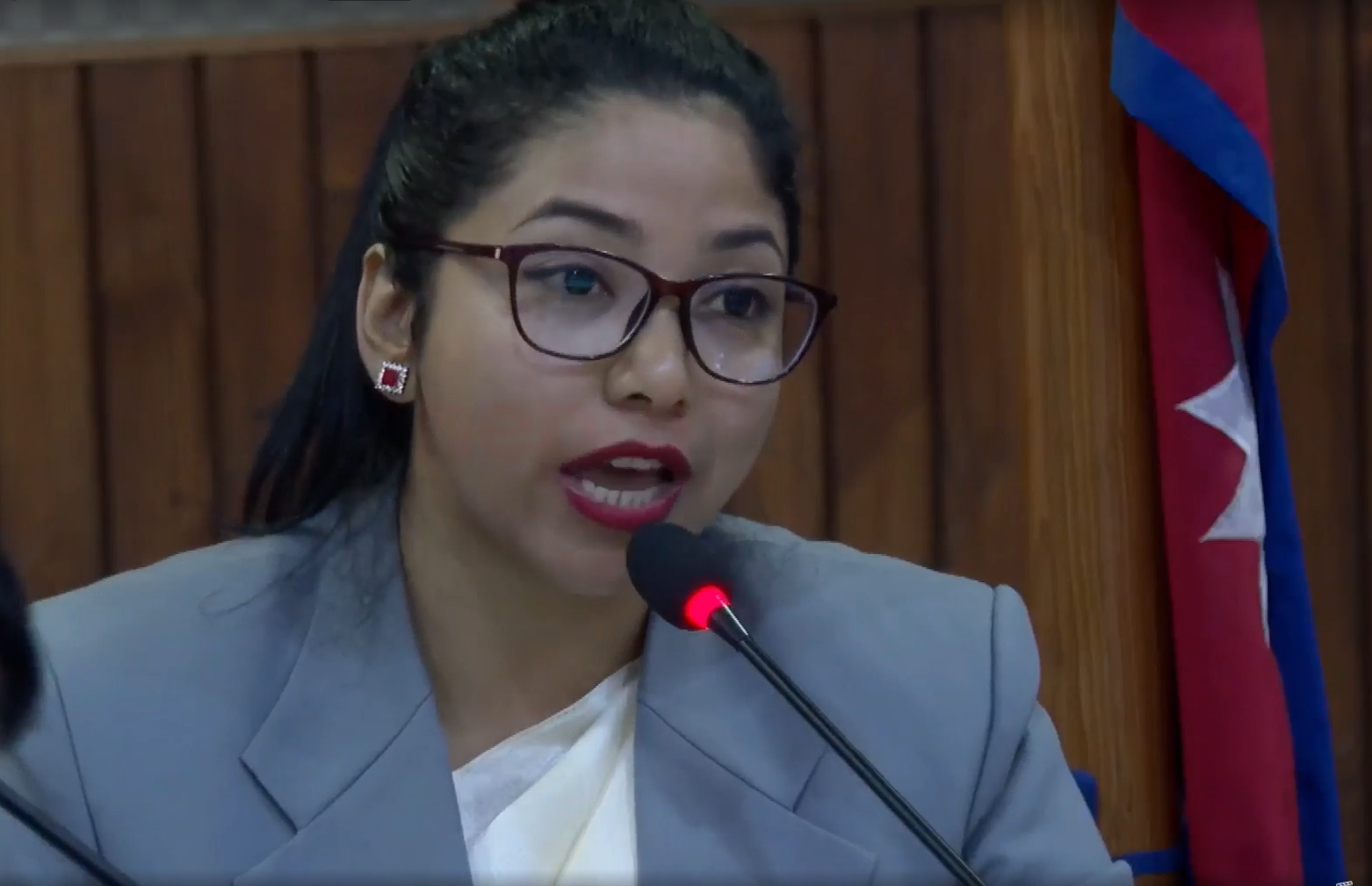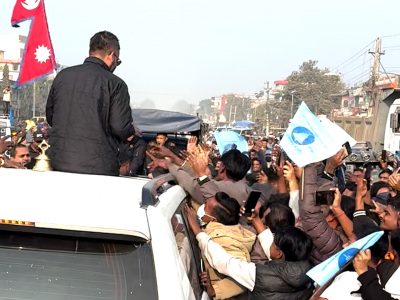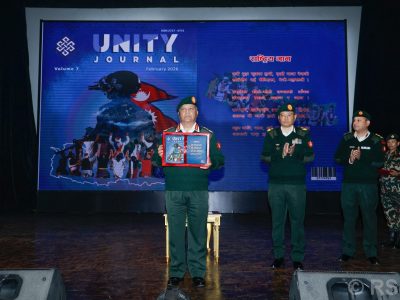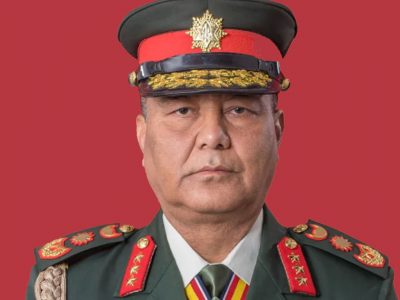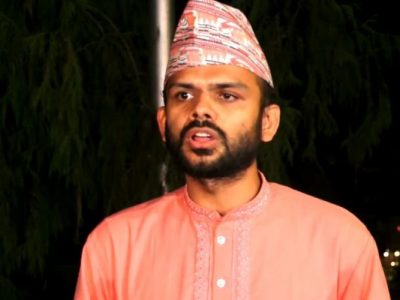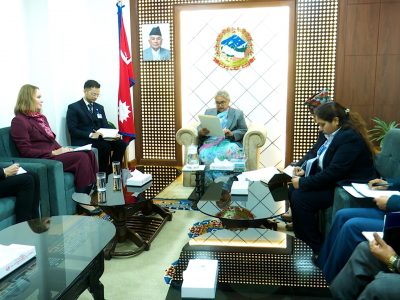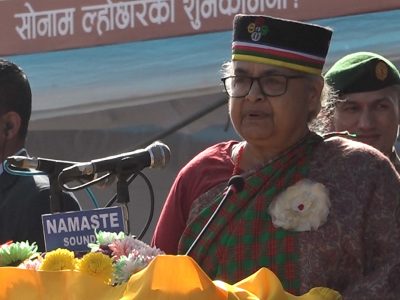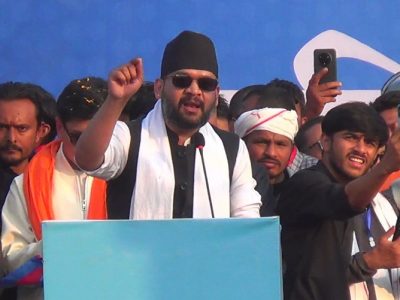The possibility of a military alliance between Russia and China cannot be ruled out, according to Vladimir Putin
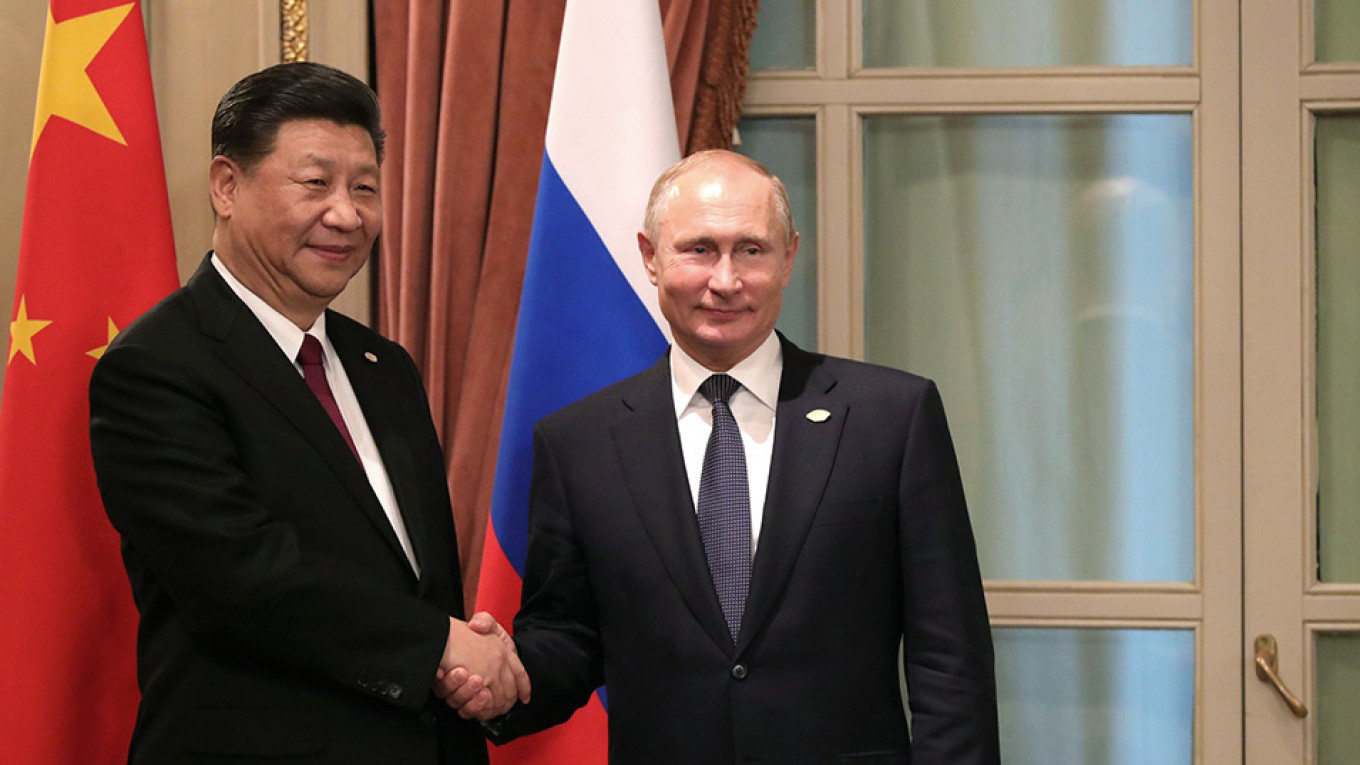
Kathmandu. Russia launched one of the biggest war games in 2018, since the Cold War, in eastern Siberia. The military exercises included China’s participation, and came at the time of heightened tensions between the NATO (North Atlantic Treaty Organization) and Russia. China had promptly clarified that this did not really make them military allies, but the fact remains that the two states are amping up their engagements on various forums, including the Shanghai Cooperation Organization (SCO). Russia is increasing its engagements in the greater Indo-Pacific, and that can be seen in the mediation that it partook in to ease the bilateral relations between India and China.
Russia’s President Vladimir Putin after releasing a statement on Thursday that there would be no need for a military alliance between Russia and China, claimed a day later that the possibility could not be ruled out. Speaking at a conference held by Valdai Discussion Club, a premiere think-tank based in Moscow, he stated that, “We don’t need it, but, theoretically, it’s quite possible to imagine it.” Russia had earlier affirmed in October 2019 that it was assisting China in building an early missile warning system, to counter any future attacks.
Putin on this matter had further opined that, “This is a very serious endeavour that will fundamentally and radically increase the defense capability of the People’s Republic of China because only the United States and Russia have such a system at present.”
His statement comes after he offered to extend the New START deal, that stands for Measures for the Further Reduction and Limitation of Strategic Offensive Arms with the US on Thursday, without any additional conditions. The New START was signed in 2010, entered into force in 2011, and is applicable for a period of ten years. His claims read, “I have a proposal — which is to extend the current agreement without any pre-conditions at least for one year to have an opportunity to conduct substantial negotiations.”
The treaty ensures that a rapid escalation of a nuclear arms race, recognizant of the Cold War does not take place. It limits the deployment of intercontinental ballistic missiles (ICBMs), submarine-launched ballistic missiles (SLBMs), and heavy bombers equipped for nuclear armaments. As per the US Department of State, the treaty does not “constrain testing, development, or deployment of current or planned U.S. missile defense programs or long-range conventional strike capabilities.”
The Global Times had noted the views of the Chinese analysts, who had commented that a China-Russia military alliance was not a requirement for either of the states at the moment. Cui Heng, a post-doctoral researcher within the Center for Russian Studies at East China Normal University, further pressed that, “Coordination and non-alliance better fits the needs of China and Russia.”
Amidst talks of a Quad naval exercise that will be held later this year during the Malabar drills, and the idea of a “free and open” Indo-Pacific being touted by its members, the states that run against the Western ideals may be feeling a bit wary. However, a formal military alliance between Moscow and Beijing would not help allay the tensions between the states in the region.
Facebook Comment
latest Video
Trending News
- This Week
- This Month


